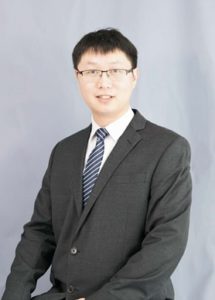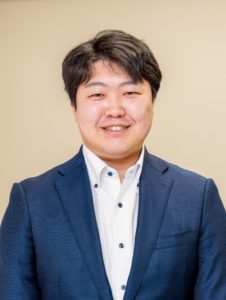Read Zi-Hao’s Emerging Investigator article, An N-oxide containing conjugated semiconducting polymer with enhanced electron mobility via direct (hetero)arylation polymerization, DOI: D3PY00207A.
Check out our interview with Zi-Hao below:
How do you feel about Polymer Chemistry as a place to publish research on this topic?
Polymer Chemistry is a reputable journal with broad readership cover from synthesis to applications of polymers. Due to special optical and electrical properties of conjugated polymers, they have a wide range of applications in organic electronics with increasing interest from both industry and academia. I am very excited that I can share our group’s recent research results on N-type semiconducting conjugated polymers.
What aspect of your work are you most excited about at the moment and what do you find most challenging about your research?
I think the most exciting aspect of this work is that small changes in chemical structure of polymers give us completely different carrier transport properties. This aspect drives me to design and synthesize new conjugated polymers and explore their properties. The most challenging thing in my research is exploring green, non-toxic and environmentally friendly polymerization reactions for the synthesis of conjugated polymers
In your opinion, what are the most important questions to be asked/answered in this field of research?
Insulated alkyl chains are usually introduced to conjugated polymers in order to achieve good solubility for solution processing. In my opinion, the most important question to be asked is how to minimize the use of insulating alkyl chains but still get a high-performance material that can be dissolved and processed.
Can you share one piece of career-related advice or wisdom with other early career scientists?
When you start your own research as a principle investigator, be sure to carefully consider where you are going for the next 5 to 10 years. Once you’ve made a deliberate decision, believe in yourself and keep doing it, you’ll succeed.
Keep up with all of Zi-Hao’s research on the Guo lab website.












